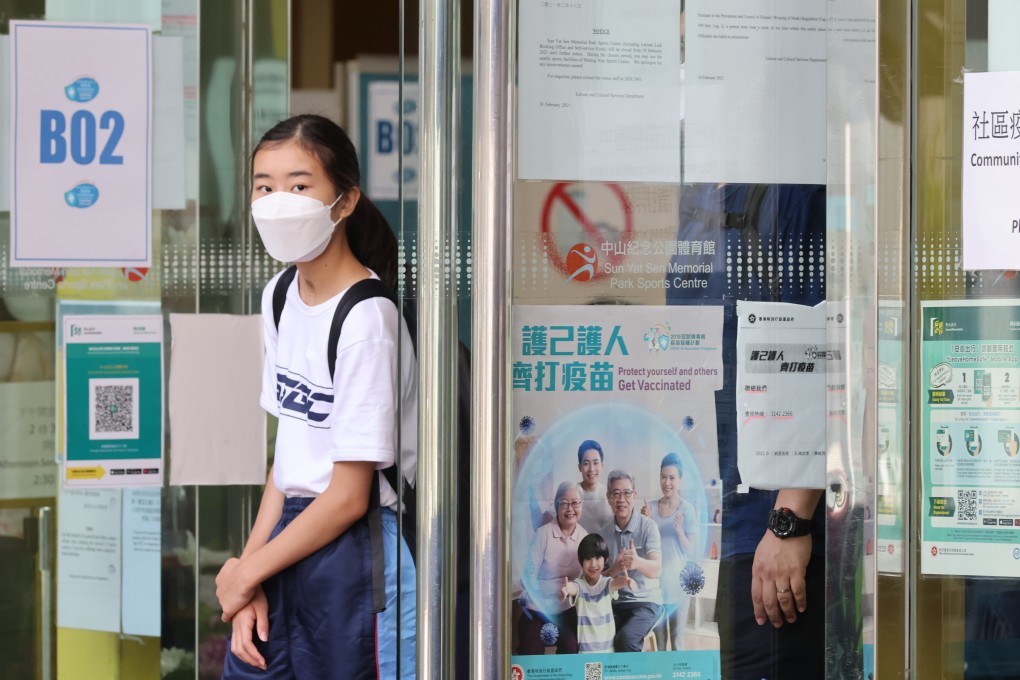Explainer | Coronavirus: what Hong Kong parents need to know about the one-dose BioNTech vaccine policy for adolescents
- Experts say protection from one vaccine shot should be sufficient for youngsters in Hong Kong, where risk of Covid-19 infection is low
- Those travelling to high-risk places should still get both doses to boost immunity

Adolescents aged 12 and above have been allowed to receive the BioNTech vaccine from June 14 this year, although the minimum age threshold for the Sinovac jab remains at 18.
The Post looks at the details and implications of the recommendation.

Can one dose of BioNTech provide enough protection, or should recipients wait for the age limit for the Sinovac jab to be lowered?
Experts of the scientific committees said one dose of the vaccine would be sufficient to protect youngsters living in Hong Kong, where the risk of Covid-19 infection remains low.
Professor Lau Yu-lung, chairman of the scientific committee on vaccine preventable diseases, said one dose of vaccine could already offer more than 80 per cent effective protection from severe conditions caused by the coronavirus.